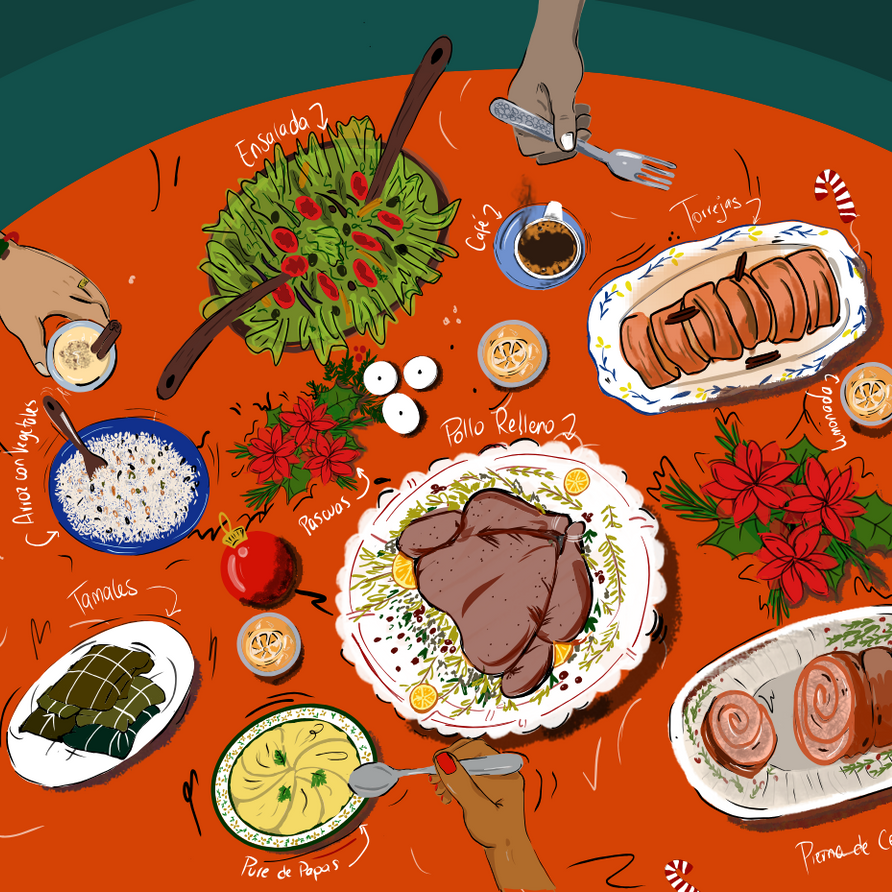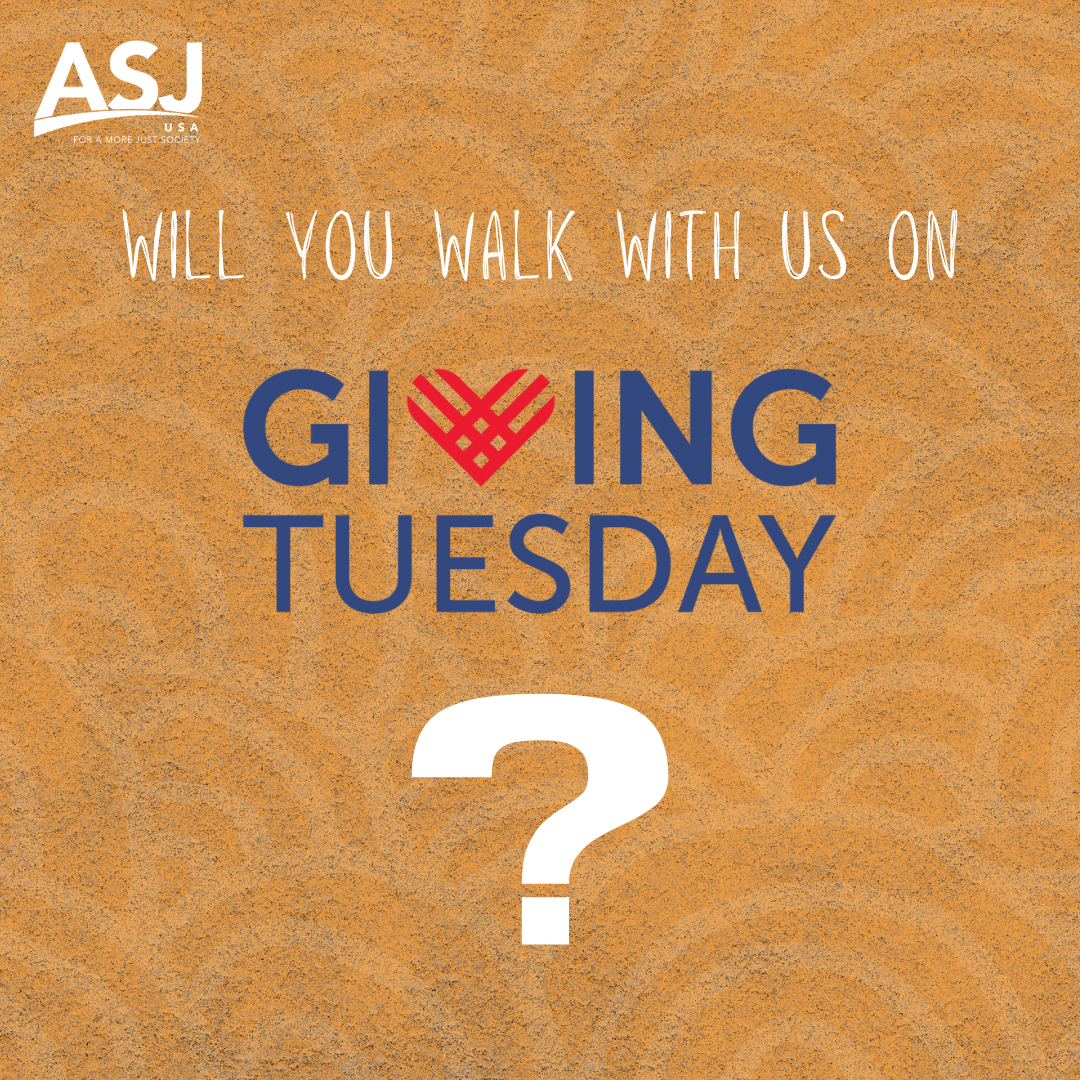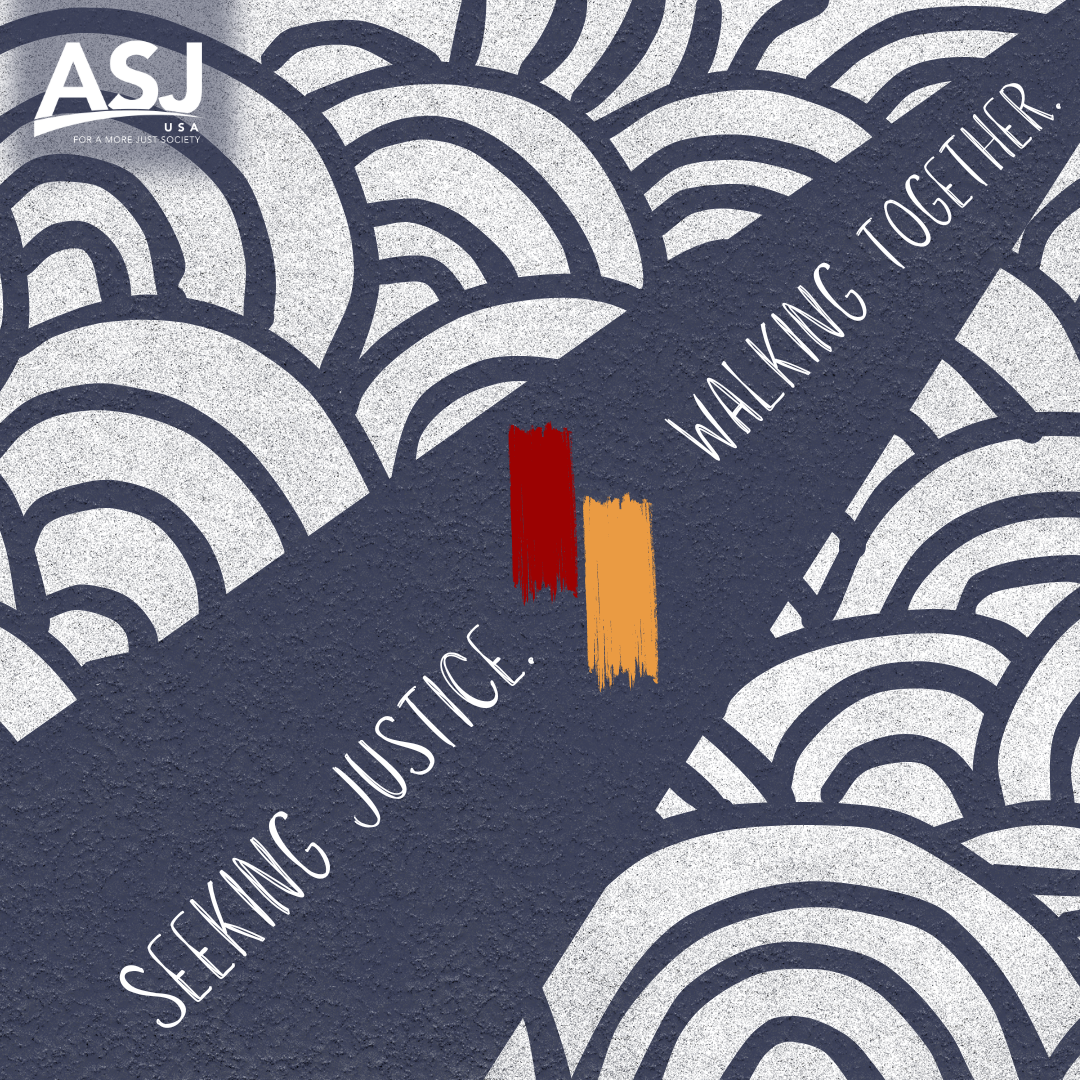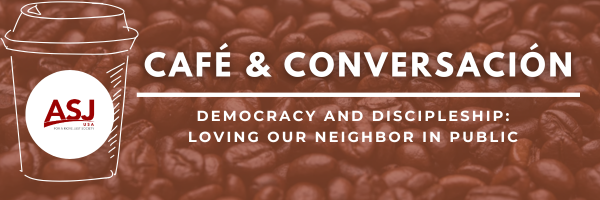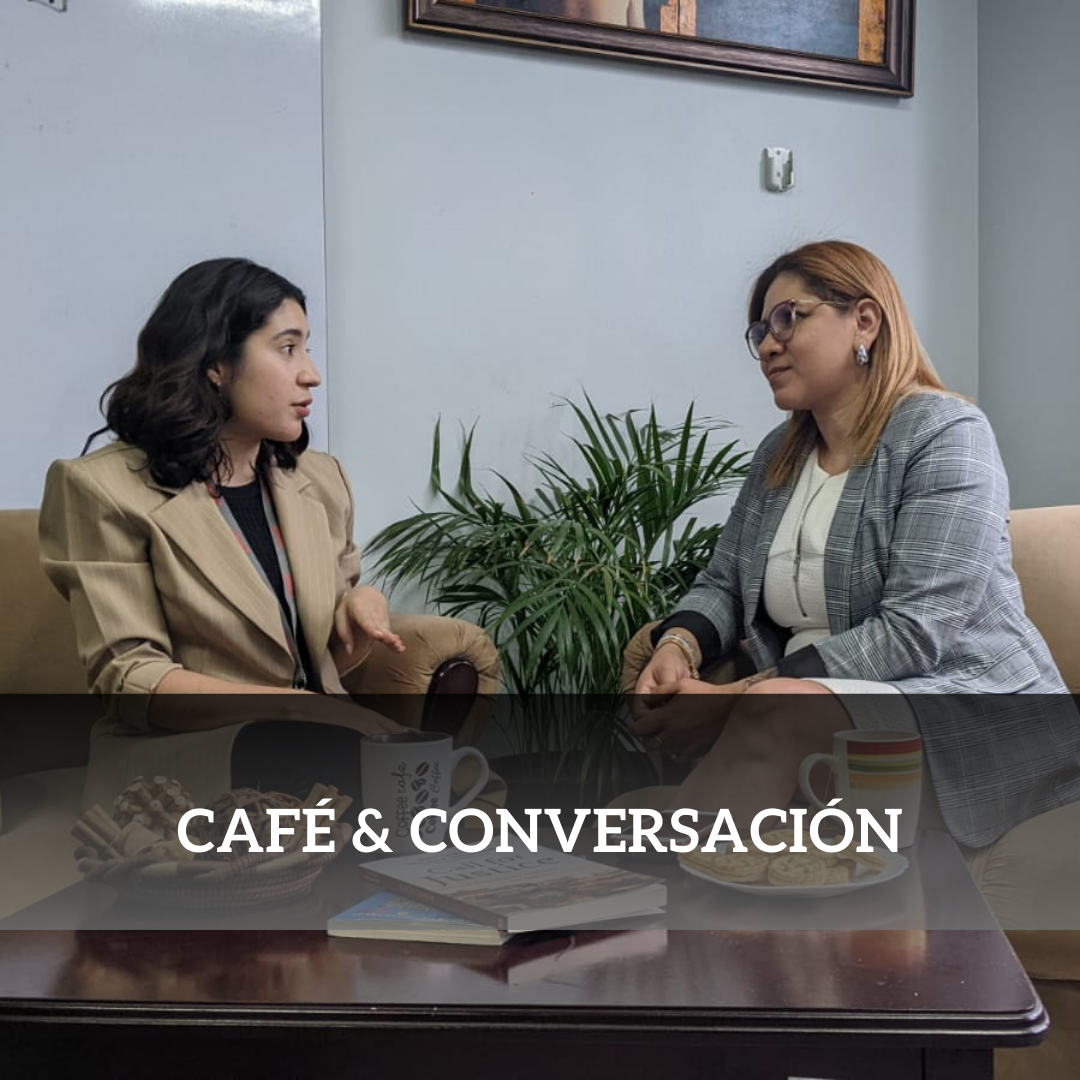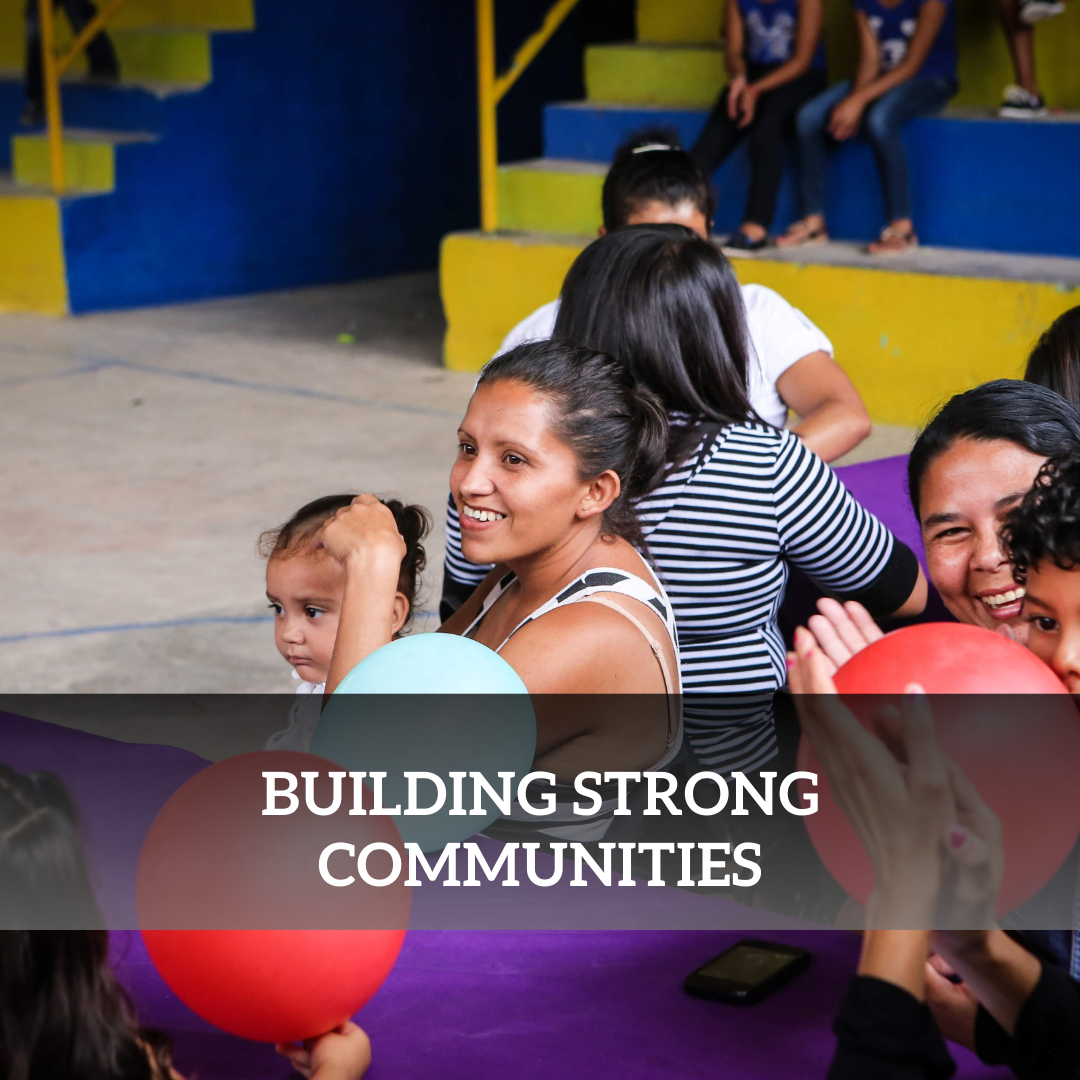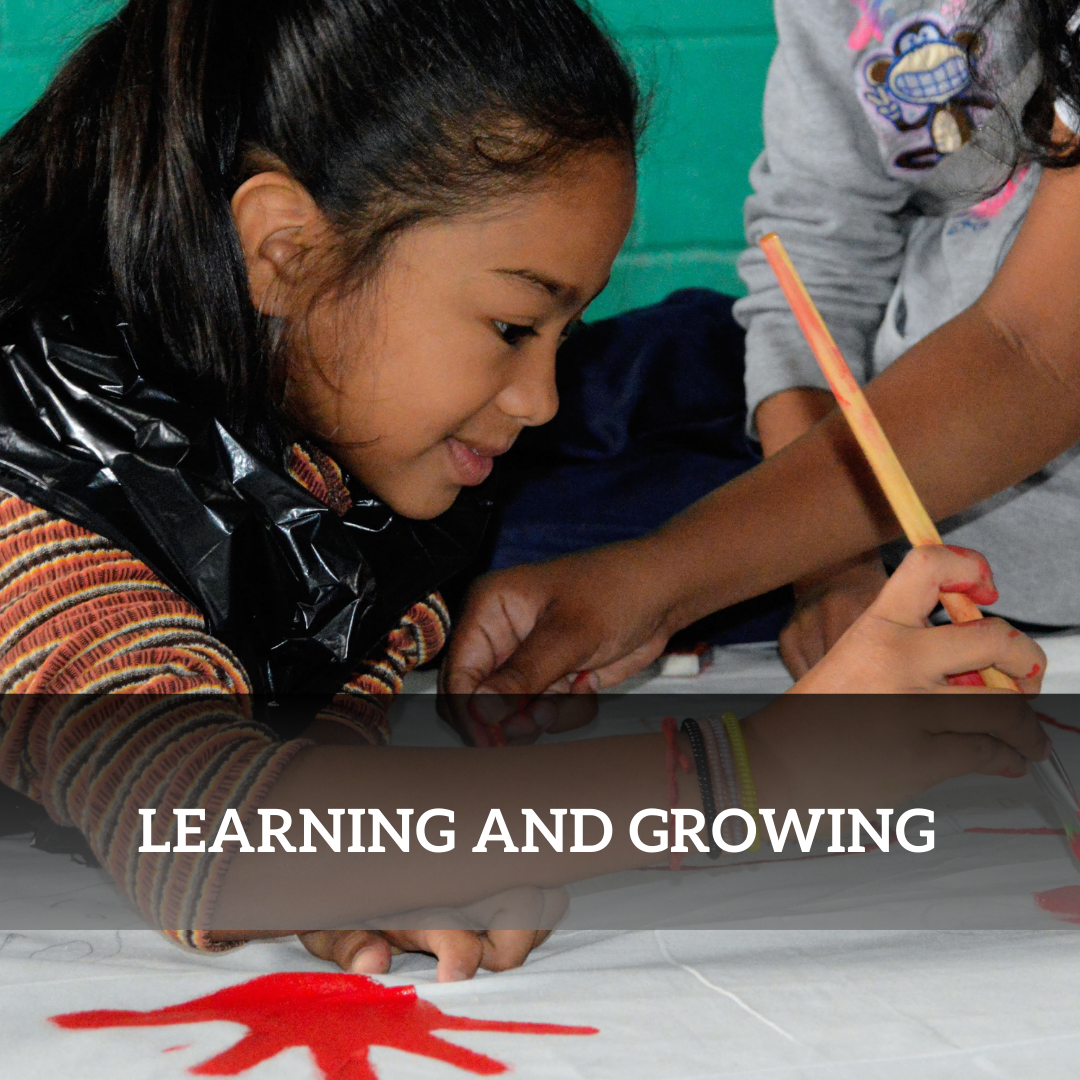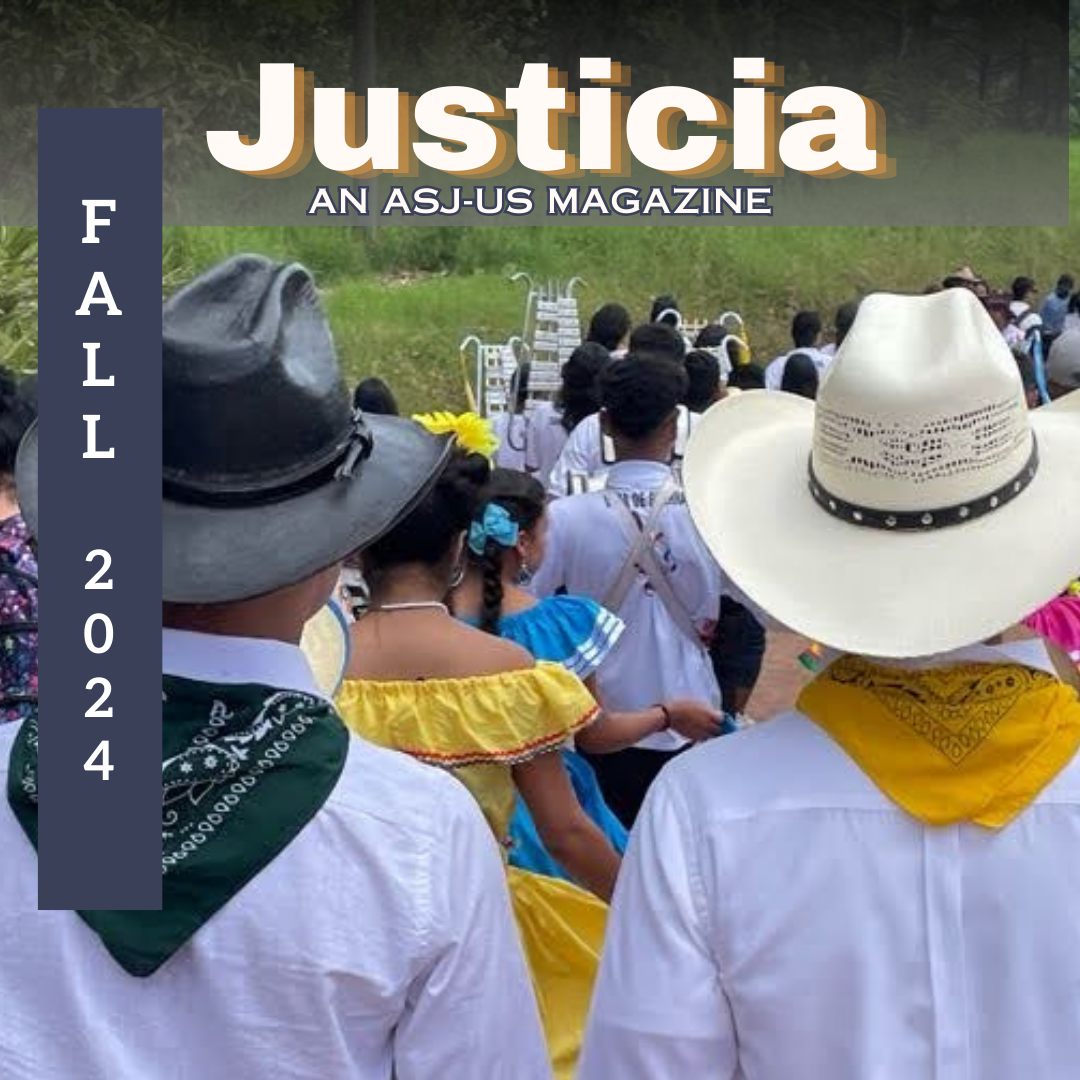“She was like our mom. She worried about us so much. Our mom left us to go to the States, so she raised us.” This is how 21-year old Amanda* describes her older sister, Yadira. Yadira and Amanda were close, so Yadira was well-aware of the conflict between Amanda and her neighbor, Rosy. Rosy accused Amanda of stealing clothes off her line and gossiping about her. One day, Amanda, with Yadira at her side, decided to confront Rosy and things quickly got ugly. The two started fighting and Amanda scratched Rosy hard enough to draw blood. Rosy began screaming that Amanda has stabbed her, prompting Rosy’s boyfriend to run out of their house, with his gun drawn. Even though it was obvious that Rosy had only suffered a scratch on her forehead her boyfriend rashly fired his gun, aiming for Yadira’s chest. She died instantly.
October 28, 2013
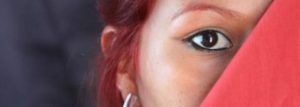
After the murder, Amanda, a single mother of one, did not know where to turn. Her family blamed her for Yadira’s death, and Amanda knew that her case would probably not be resolved; according to a recent study by the World Bank, only 10% of the cases that are denounced in the Public Prosecutor’s office reach a resolution. That’s when her friend, Julia, stepped in. Julia had also suffered through the murder of a sibling—her brother. She’d felt the same hopelessness Amanda now felt. But then she’d been put in touch with the ASJ (formerly known as AJS)-supported Peace & Justice team, made up of an investigator, lawyer, and psychologist who helped her work with authorities to prosecute and arrest the perpetrator.
Encouraged by Julia’s story, Amanda decided to contact the P&J team, who was quickly on the case. The P&J investigator gathered evidence using a wide network of collaborators in the community, and the lawyer worked to build up a case. During the whole process the P&J psychologist, Karla, spent time with the survivors, preparing them to witness in the trial.
In January of 2012, the case finally went to trial. Karla notes, “I didn’t think any of the witnesses were going to come to the trial, they were so scared that the murderer would find out that they were testifying and seek revenge. But then, on the first day of the trial, they all showed up. That’s how badly they wanted justice.”
The P&J team made sure the witnesses were given protected witness status, which, under Honduran law, means their name, physical appearance, and other identifying characteristics are not revealed during court proceedings. The perpetrator was sentenced to prison, and when the judges asked if any family member had a statement at the end of the trial, Amanda had the courage to step forward and say, “I risked taking this case to the police because I thought maybe justice could be done, and you have proven that it can be. Thank you.”
*Names changed to protect beneficiaries’ safety and privacy.
Association for a More Just Society - U.S. (ASJ-US)
PO Box 888631, Grand Rapids, MI 49588
| info@asj-us.org | 1 (800) 897-1135
ASJ (formerly known as AJS) changed our name in 2021 to reflect our partnership with Honduras and our Honduran roots. Learn more.
© 2022 ASJ-US All Rights Reserved. ASJ-US is a U.S. registered 501(c)(3) non-profit organization.
Powered by AutomationLinks





